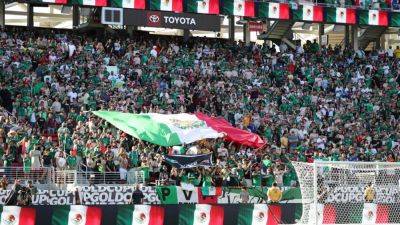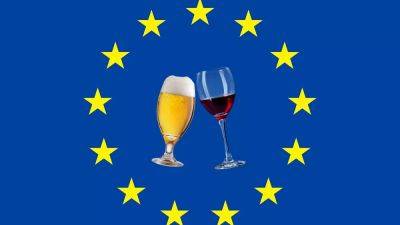How did Europe help Syria become a bigger drug dealer than Mexico’s cartels?
You’ve probably never heard of it.
But a highly-addictive, amphetamine-like drug called Captagon has swept through the Middle East.
The UK government estimates 80% of it is produced in Syria, generating “approximately three times the combined trade of the Mexican cartels” for Assad’s regime.
But how did this come to be? And what even is Captagon?
A wide variety of people across the Middle East use Captagon, which can be sold in pill or powder form.
Students take it for productivity; taxi, lorry drivers, and even soldiers use the drug to stay up and perform in their jobs, while those facing food insecurity seek out Captagon to stave off meals, explains Caroline Rose, Director of the New Lines Institute.
It is reportedly fuelling the Gulf's party scene, thanks to its euphoria-inducing qualities - all without the stigma of other drugs like heroin or cocaine.
Captagon itself was developed in Germany during the 1960s as a pharmaceutical remedy for ADHD, narcolepsy and depression.
One of its active ingredients, fenethylline, was later blacklisted by the UN in 1986, leading most countries to discontinue it.
However, new production hubs soon sprung up in Bulgaria, with counterfeit tablets smuggled by Turkish gangs to the Middle East, according to a 2018 report by the European Monitoring Centre for Drugs and Drugs Addiction.
When authorities here began cracking down on Captagon – or Abu Hilalain (father of the two crescent moons), as it is sometimes referred to in the Middle East - during the early 2000s production migrated to Syria.
Fast forward to the outbreak of the Syrian civil war in 2011 and production skyrocketed.
“The political and security vacuum that emerged within Syria's civil war and resulting economic collapse created ample








